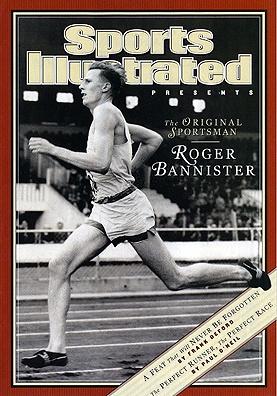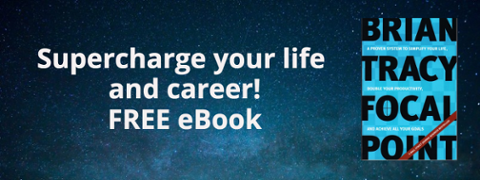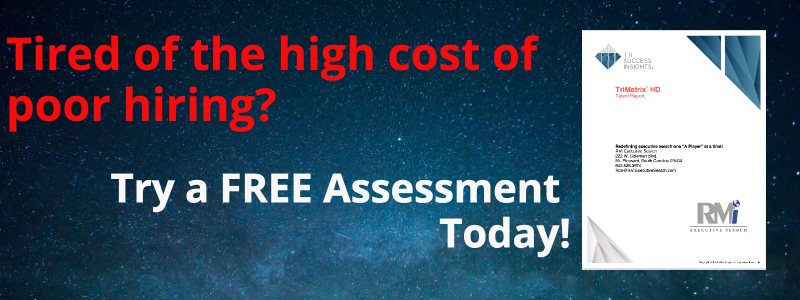
Prior to May 6, 1954, running 1-mile in under 4 minutes was thought to be humanly impossible. That day, Sir Roger Bannister proved the naysayers wrong by completing 1-mile in 3 minutes 59.4 seconds. And last year, more than 35 American men and women broke the "four-minute barrier!"
Happy birthday Sir Roger and THANK YOU!
What would YOU attempt to do if you knew you could not fail?
I don't know that anything worth doing comes without the risk of failure, but what I do know is that you will fail at 100% of the things you do not attempt. All too often, I see people choose not to start something because they're afraid they won't be very good at it. This ranges from a new business to a new hobby to a new business building effort such as a newsletter, just to name a few. Here's the secret...all skills and tasks are learnable. And I can assure you, you will not be as good at something the first time as you will be the tenth time. You just have to start...start somewhere, start trying, start experimenting and start improving!I know this was true when I first started racing triathlons in the early 90's. The first time I swam, I could swim about 200 yards, but had to stop and raise my head to breathe because I had no idea how to swim competitively or breathe to the side without raising my head. I could bike 20 miles at about 10-12 miles per hour, but had to stop half way through the ride. And, I could run two 12 minute miles. Yet, 4-5 months later, I swam a mile in a lake (even more challenging) exiting the water in under 40 minutes, rode my bike 25 miles in just over 1 hour (without stopping) and ran 6.2 miles in 48 minutes (7:45/min/mile). The only reason I had a first successful triathlon was because a friend gave me a realistic training plan that allowed me to start developing these new skills and "toe the line" at that race. Otherwise, I am certain I would have tried to do too much, too fast only to get discouraged and quit. But thankfully, I listened to someone else, endured my not knowing, put one foot in front of the other each day and found a new passion that May in 1994.
A friend of mine is fond of the saying, "The harder I work, the luckier I get." Seems there might be some reasoning behind this adage. According to Malcolm Gladwell in his book, Outliers: The Story of Success, those who are the most successful among us work much, much harder than the rest. Publisher's Weekly calls it "intensive skills cultivation", in other words, practice. Gladwell suggests that mastery or expertise in a given subject or skill area requires 10,000 Hours of "deliberate practice," otherwise known as the 10,000 Hour Rule. He cites a few studies, but gives lots of examples including Bill Joy, Bill Gates, the Beatles and Mozart.
Want to achieve more of YOUR goals? Then, first be crystal clear about what you are really striving to accomplish and decide how much of yourself you are willing to invest in the pursuit. Do you want to be good, better or best? Then, identify the skills you will need in order to achieve your goal(s) and start practicing those skills. Time is going to pass anyway, so even if it does take you 10,000 hours to master your new skill, you will accomplish your goal and the effort will have been worth it.




